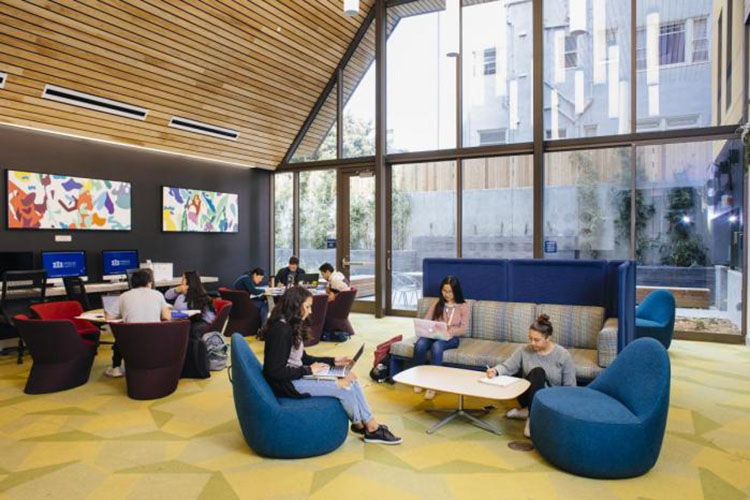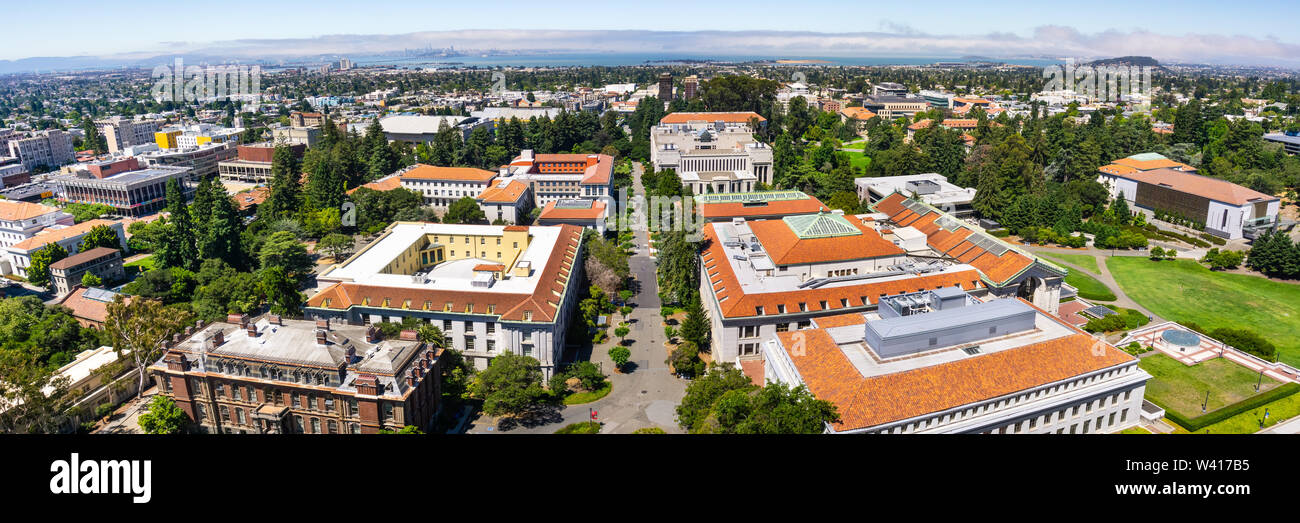Fixing "We Did Not Find Results" & Campus Life Tips!
Ever wondered what secrets lie hidden within the walls of a university campus? The vibrant heart of any academic institution is its campus, a microcosm of the world brimming with untold stories, unexpected encounters, and transformative experiences.
From the hushed reverence of historic libraries to the bustling energy of student unions, a campus is more than just bricks and mortar; it's a living, breathing tapestry woven from the threads of human ambition and intellectual curiosity. Whether you're a wide-eyed freshman navigating the sprawling grounds of St. Johns, a seasoned scholar seeking inspiration in its hallowed halls, or a visitor eager to soak in the rich history etched into its very foundations, a campus offers a journey of discovery at every turn. It's a place where futures are forged, lifelong friendships are made, and the pursuit of knowledge transcends the boundaries of the classroom.
Consider the allure of summer campus housing: a strategic haven for students dedicated to maximizing their academic pursuits. By opting to reside on campus during summer sessions, students unlock a unique blend of convenience, affordability, and immersive engagement. Why choose summer campus housing? The advantages are compelling and thoughtfully designed to cater to the specific needs of summer learners.
- Aditi Mistry Leaks Truth Videos What You Need To Know
- Who Is Aditi Exploring The Vedic Goddess Of Infinity
| Aspect | Details |
|---|---|
| Alignment with Summer Sessions Schedule | Stay and pay only for your session dates, optimizing your budget and minimizing unnecessary expenses. |
| Discounted Summer Pricing | Enjoy special discounted summer pricing, making on-campus living an economically sound choice. |
| Included Amenities | Utilities, furniture, and other amenities are included, simplifying your move and eliminating hidden costs. |
| Campus Law Enforcement | Enhanced security measures are in place, providing a safe and secure environment conducive to focused study. Campus law enforcement officers are now equipped with more than just the traditional tools of the trade; this change isnt just a matter of adding a few new gadgets to their belts. |
| Community Engagement | Opportunity to connect with fellow students taking summer classes, fostering a sense of camaraderie and shared purpose. |
| Proximity to Resources | Easy access to campus libraries, computer labs, recreational facilities, and other essential resources. |
Beyond the academic advantages, summer campus housing cultivates a sense of community and belonging. Students living on campus have ample opportunities to connect with their peers, participate in social activities, and forge lasting friendships. This immersive environment enriches the overall learning experience, fostering a sense of shared purpose and mutual support.
The strategic benefits of on-campus living extend to the realm of research and collaboration. With convenient access to libraries, research facilities, and faculty offices, students can seamlessly integrate their studies with their research endeavors. The proximity to resources enhances productivity, allowing students to delve deeper into their chosen fields of study.
The availability of utilities, furniture, and other amenities streamlines the move-in process, saving students time and effort. This hassle-free approach allows students to focus on their studies without the distractions of managing household tasks. The all-inclusive nature of summer campus housing provides peace of mind, allowing students to dedicate their energy to academic pursuits.
- Search Tips No Results Found Check Spelling Try Again
- Best Raspberry Pi Remote Desktop Software Setup Guide
The safety and security of students are paramount, and campus law enforcement officers are equipped with the latest tools and technologies to ensure a secure environment. This commitment to safety allows students to focus on their studies without concerns about their personal well-being. The presence of dedicated security personnel creates a sense of reassurance, fostering a productive learning environment.
The vibrant tapestry of campus life extends beyond the classroom, offering a diverse range of extracurricular activities and cultural events. From student organizations to guest lectures to theatrical performances, a campus provides a platform for personal growth and intellectual exploration. Students are encouraged to engage in activities that align with their interests, broadening their horizons and enriching their overall experience.
The transition to campus life is often accompanied by questions and uncertainties, but a welcoming community stands ready to provide support and guidance. Orientation programs, mentorship initiatives, and student support services are designed to ease the transition and ensure that students feel connected and empowered. The sense of belonging fosters a positive learning environment, encouraging students to reach their full potential.
The pursuit of knowledge is not confined to the classroom, and a campus serves as a living laboratory for intellectual exploration. Informal discussions in coffee shops, late-night study sessions in libraries, and impromptu debates on campus greens contribute to a vibrant exchange of ideas. This dynamic environment fosters critical thinking, problem-solving, and a lifelong passion for learning.
The architectural landscape of a campus often reflects its history and traditions. From stately buildings adorned with ivy to modern structures designed with sustainable principles, the physical environment contributes to the overall sense of place. The preservation of historical landmarks and the integration of green spaces create a harmonious blend of tradition and innovation.
The libraries and archives of a campus serve as repositories of knowledge, preserving the intellectual legacy of generations past. These invaluable resources provide access to a vast collection of books, journals, manuscripts, and digital archives. Students and scholars can delve into primary sources, conduct in-depth research, and contribute to the advancement of knowledge.
The museums and galleries of a campus showcase the artistic talents of students, faculty, and visiting artists. These cultural venues provide a platform for creative expression, fostering an appreciation for the arts and enriching the cultural landscape of the campus. Exhibitions and performances inspire creativity, challenge conventional thinking, and promote cross-cultural understanding.
The athletic facilities of a campus provide opportunities for physical activity, recreation, and competitive sports. From state-of-the-art gyms to sprawling playing fields, these facilities promote health and wellness, fostering a sense of community and teamwork. Students can participate in intramural sports, join varsity teams, or simply enjoy recreational activities with friends.
The performing arts centers of a campus host a diverse range of theatrical performances, musical concerts, and dance recitals. These cultural venues provide a platform for artistic expression, fostering an appreciation for the performing arts and enriching the cultural landscape of the campus. Students can participate in theatrical productions, join musical ensembles, or attend performances by renowned artists.
The research centers of a campus are dedicated to advancing knowledge in a wide range of fields. From scientific laboratories to social science institutes, these centers provide opportunities for students and faculty to engage in cutting-edge research. Research initiatives contribute to the advancement of knowledge, address societal challenges, and foster innovation.
The student unions of a campus serve as hubs of social activity, providing spaces for students to gather, relax, and connect with one another. These centers offer a variety of amenities, including dining halls, coffee shops, bookstores, and recreational facilities. Student unions foster a sense of community, promote social interaction, and enhance the overall campus experience.
The career services centers of a campus provide guidance and support to students as they prepare for their future careers. These centers offer resume writing workshops, interview skills training, and job search assistance. Career services professionals help students identify their skills and interests, explore career options, and connect with potential employers.
The alumni associations of a campus connect graduates with their alma mater, fostering a lifelong relationship and sense of belonging. Alumni associations organize events, provide networking opportunities, and support campus initiatives. Alumni contribute to the success of the university through their philanthropy, mentorship, and advocacy.
The commitment to sustainability is evident in the campus's green initiatives. From energy-efficient buildings to waste reduction programs, the campus strives to minimize its environmental impact. Sustainability efforts promote environmental awareness, conserve resources, and create a more sustainable future.
The diversity of the student body enriches the learning environment, fostering cross-cultural understanding and promoting global citizenship. Students from diverse backgrounds bring unique perspectives and experiences to the campus community. The celebration of diversity enhances the educational experience, preparing students to thrive in a globalized world.
The accessibility of the campus ensures that individuals with disabilities can fully participate in all aspects of campus life. Accessible buildings, adaptive technologies, and support services create an inclusive environment. The commitment to accessibility promotes equal opportunities, ensuring that all students can reach their full potential.
The affordability of the campus makes higher education accessible to students from all socioeconomic backgrounds. Financial aid programs, scholarships, and work-study opportunities help students manage the cost of tuition and living expenses. The commitment to affordability promotes social mobility, ensuring that all students have the opportunity to pursue their dreams.
The location of the campus enhances the overall educational experience. Whether situated in a bustling city or a serene rural setting, the campus provides access to a wealth of cultural, recreational, and professional opportunities. The location of the campus contributes to the overall quality of life, enriching the student experience.
The reputation of the campus reflects its commitment to academic excellence, research innovation, and student success. The campus's rankings, accreditation, and alumni achievements demonstrate its commitment to quality. The reputation of the campus attracts talented students and faculty, fostering a culture of excellence.
Article Recommendations



Detail Author:
- Name : Mrs. Beulah Ziemann III
- Username : tillman.leonardo
- Email : hackett.reuben@koss.com
- Birthdate : 2007-03-31
- Address : 15415 Jayden Radial Apt. 034 West Kieranburgh, AL 98468
- Phone : +1.956.698.4728
- Company : Aufderhar, Rohan and Morar
- Job : Technical Director
- Bio : Et eum sunt voluptas rerum laudantium dolores. Modi sequi expedita ex sint voluptas dolores dolorem et. Voluptate id provident nesciunt ea aut.
Socials
instagram:
- url : https://instagram.com/furman3127
- username : furman3127
- bio : Quos accusamus quo aut sit nihil. Dolor ut nihil quis omnis similique excepturi minima.
- followers : 4369
- following : 2769
tiktok:
- url : https://tiktok.com/@fmccullough
- username : fmccullough
- bio : Aut adipisci ipsum aut est autem enim. Quia sit dolore quis aut dolores.
- followers : 3596
- following : 2855
facebook:
- url : https://facebook.com/furman_id
- username : furman_id
- bio : Rem vel quos explicabo eius ipsam non accusantium sed.
- followers : 5204
- following : 2551
linkedin:
- url : https://linkedin.com/in/furman.mccullough
- username : furman.mccullough
- bio : Asperiores rerum eum quo debitis.
- followers : 5641
- following : 1590
twitter:
- url : https://twitter.com/furman_mccullough
- username : furman_mccullough
- bio : Nulla dolores ipsam voluptas quidem. Odit nihil autem et nesciunt. Consequatur qui incidunt voluptatum corrupti. Harum magnam et et culpa.
- followers : 2328
- following : 1603